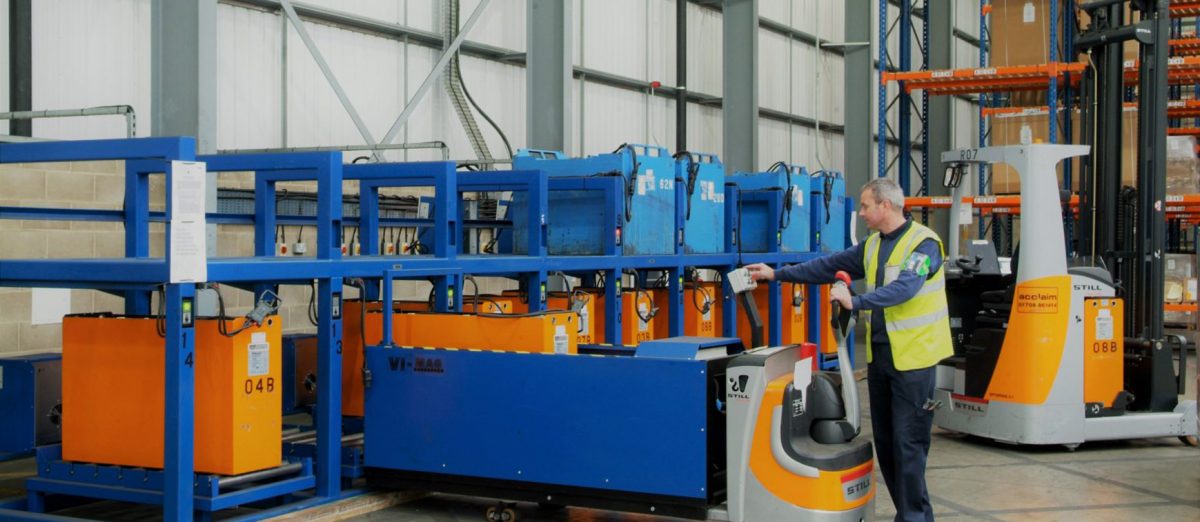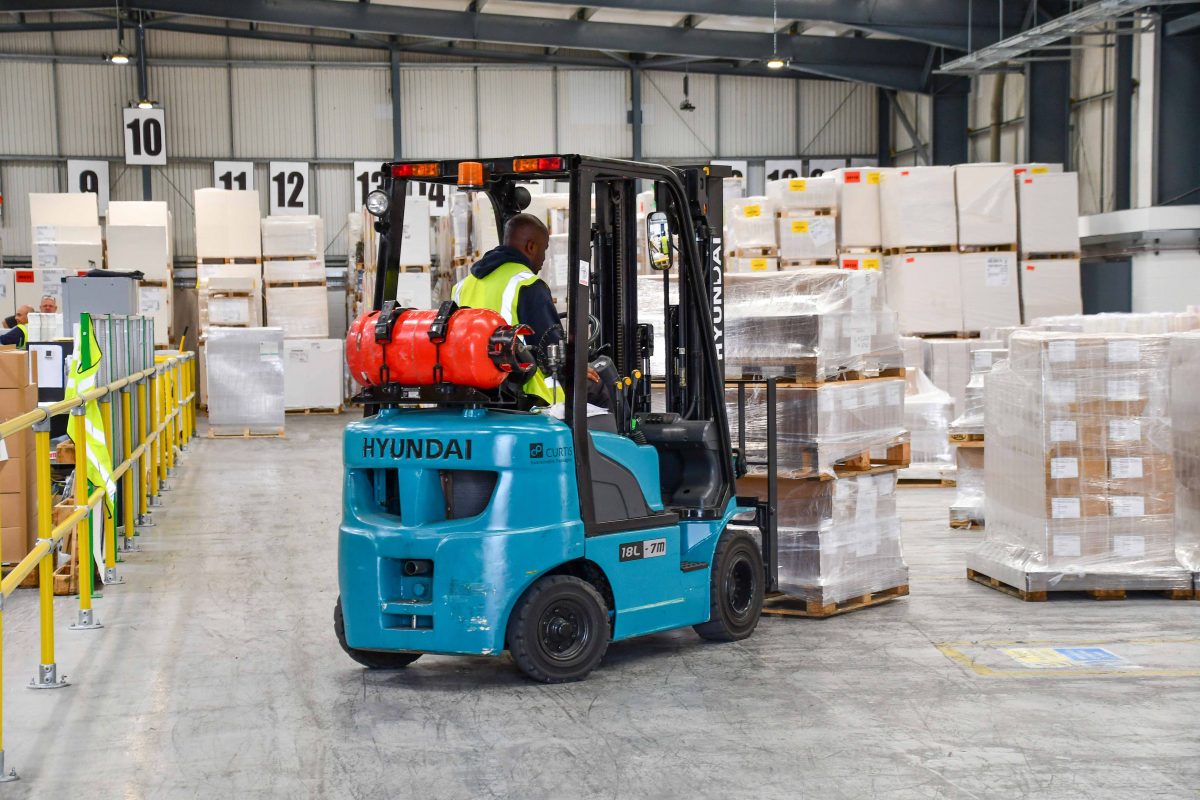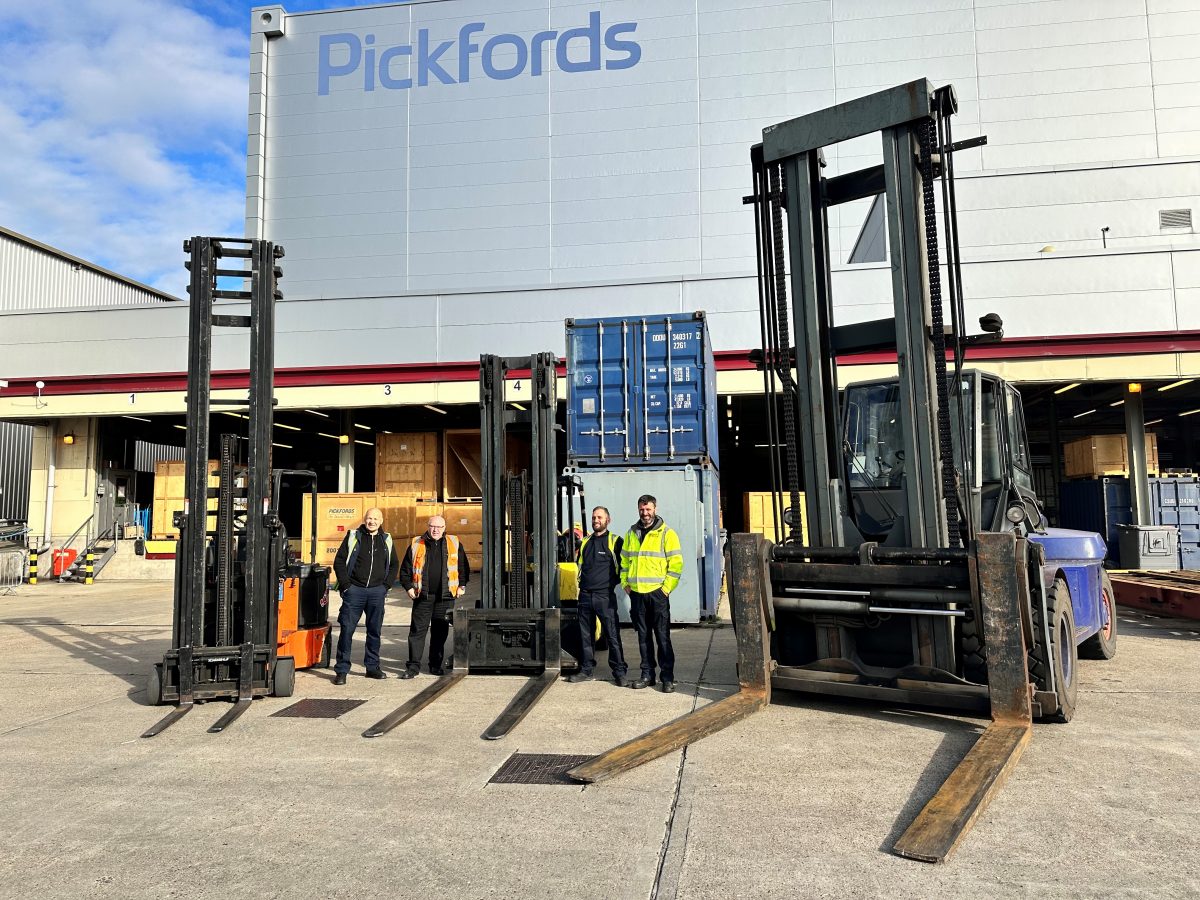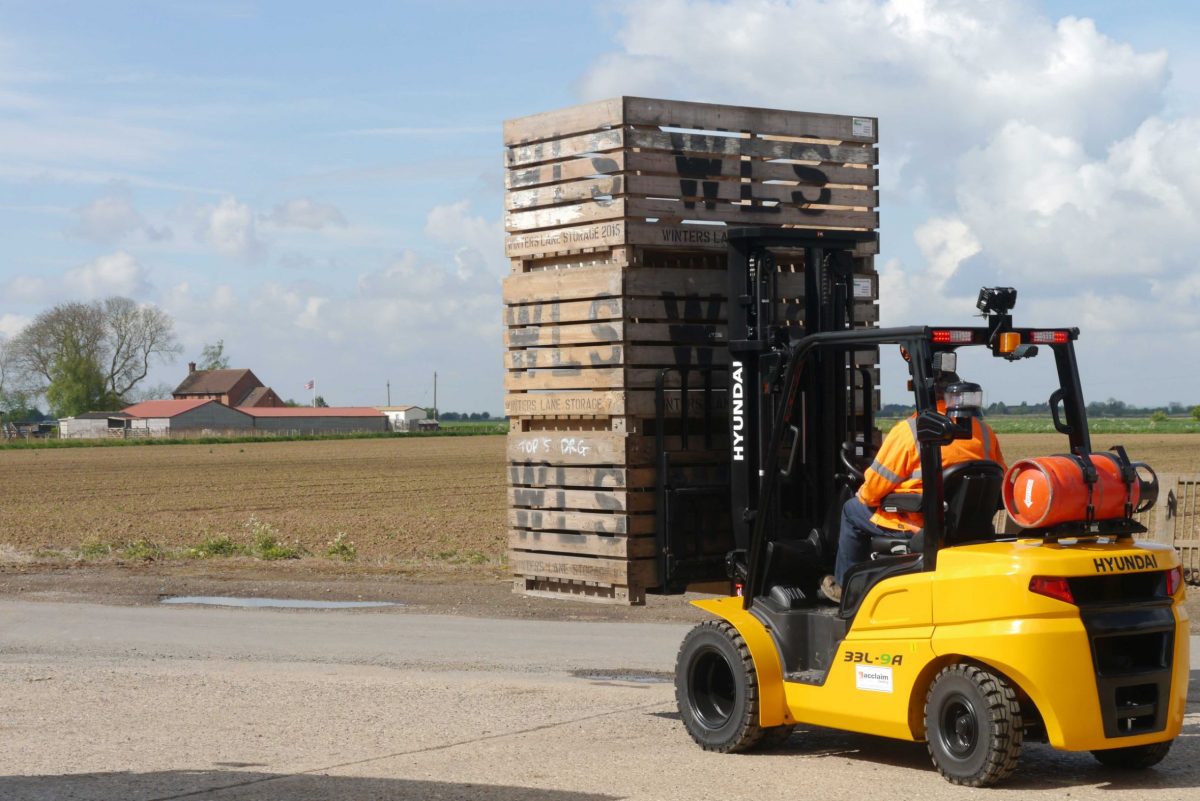The Crucial Role of First Aid Training in the Workplace
In the fast-paced environment of the modern workplace, prioritising the safety and well-being of employees is not just a legal obligation; it’s a fundamental aspect of fostering a healthy and productive work culture. One of the cornerstones of workplace safety is first aid training. In this blog post, we’ll explore the importance of first aid training in the workplace and its profound impact on employee well-being and organisational success.
Why should you train in first aid?
Immediate Response to Emergencies
Accidents and emergencies can happen at any time, and a prompt response is often the key to mitigating the severity of injuries. First aid training equips employees with the knowledge and skills to provide immediate assistance until professional medical help arrives. This can significantly reduce the impact of injuries and potentially save lives.
Minimising Severity of Injuries
When an accident occurs, the first few minutes are crucial. Employees with first aid training can effectively assess the situation, provide basic medical care, and prevent injuries from escalating. This proactive approach not only minimises the severity of injuries but also contributes to faster recovery times.
Creating a Safer Work Environment
A workplace that prioritises first aid training is inherently safer. Employees are more aware of potential hazards, and their ability to respond to emergencies fosters a culture of safety. This, in turn, reduces the likelihood of accidents and promotes an overall sense of well-being among the workforce.
Boosting Employee Confidence Surrounding First Aid
Knowing how to respond in emergency situations instils confidence in employees. When they feel capable of handling unforeseen circumstances, it not only improves their overall morale but also contributes to a positive and resilient workplace culture.
Compliance with First Aid Regulations
Many regulatory bodies require businesses to have trained first aid personnel on-site. Ensuring compliance with these regulations not only avoids legal issues but also demonstrates a commitment to the well-being of employees. It is an investment in both legal and moral responsibility.
Enhanced Team Dynamics
First aid training often involves teamwork and collaboration. Employees working together during training sessions develop better communication skills and a sense of responsibility towards each other. These skills translate into improved teamwork and camaraderie in the workplace.
Reduced Recovery Time and Costs
Prompt first aid intervention can significantly reduce the recovery time for injured employees. By addressing injuries quickly and effectively, businesses can minimise the financial impact associated with medical leave, worker’s compensation, and potential litigation.
Preparedness for Unforeseen Events
In the unpredictable world of business, being prepared for the unexpected is a valuable asset. First aid training ensures that employees are ready to respond to a wide range of emergencies, from minor injuries to more serious incidents, fostering resilience in the face of unforeseen challenges.
First aid training is not just a box to tick on a safety checklist; it’s a proactive and essential investment in the health, safety, and success of both employees and the organisation as a whole. By empowering employees with the skills and knowledge needed to respond effectively in emergencies, businesses can create a secure and supportive workplace environment that nurtures both individual well-being and collective success.






